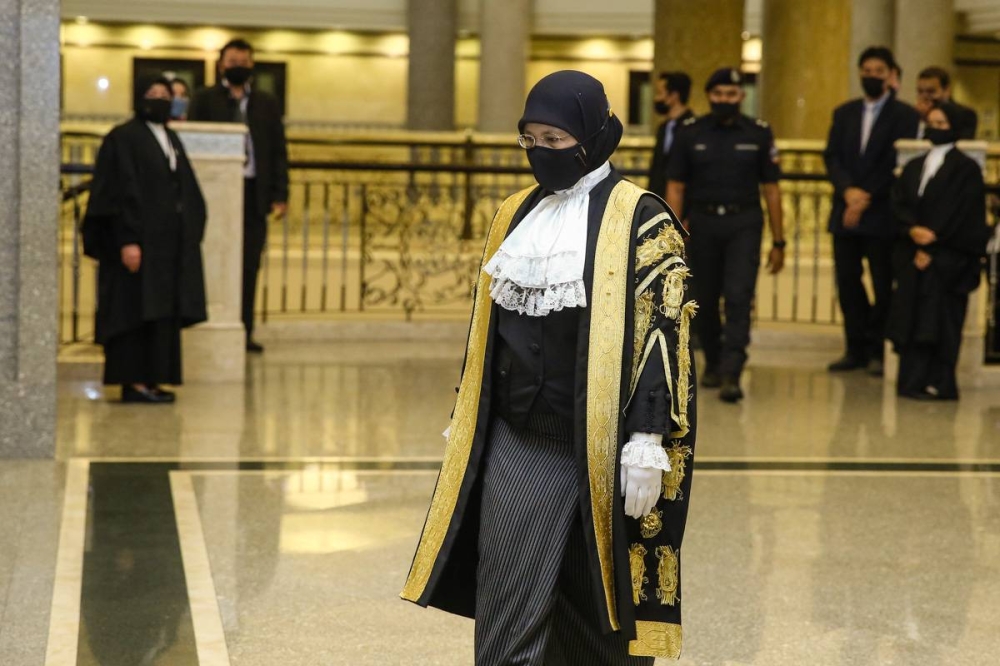AUG 27 — No institution in a democracy should be beyond the reach of honest, fair criticism. The courts are no exception.
Courts have long accepted that judicial decisions may be subjected to fair criticism, in good faith, without attributing improper motives to the judges.

As Lord Atkin said, more than 80 years ago in Ambard v A-G for Trinidad and Tobago [1936] AC 322, “Justice is not a cloistered virtue: she must be allowed to suffer the scrutiny and respectful, even though outspoken, comments of ordinary men.”
It is the inalienable right of everyone to comment fairly upon any matter of public importance.
More than 30 years later, the courts came under scrutiny, again, not of ordinary men but a distinguished practising member of the English Bar.
On February 14, 1968, Queen’s Counsel Quintin Hogg wrote and published in a weekly periodical, Punch, an article under the general heading “Political Parley” and entitled “The Gaming Muddle.” It started as follows:
“The recent judgment of the Court of Appeal is a strange example of the blindness which sometimes descends on the best of judges.”
It went on to vigorously criticise the judgment of the English Court of Appeal.
Lord Denning MR, the head of the Court and doyen of judges, duly acknowledged that the article was critical of the court. The following words of the great 20th century judge have rung through the years since:
“We do not fear criticism, nor do we resent it. For there is something far more important at stake. It is no less than freedom of speech itself.
“It is the right of every man ... to make fair comment, even outspoken comment, on matters of public interest. Those who comment ... can say that we are mistaken, and our decisions erroneous, whether they are subject to appeal or not.” (R v Metropolitan Police Commissioner, ex parte Blackburn (No 2) [1968] 2 All ER 319)
But his subsequent words must also not be lost on critics of the courts:
“All we would ask is that those who criticise us will remember that, from the nature of our office, we cannot reply to the criticisms. We cannot enter into public controversy. Still less into political controversy. We must rely on our conduct itself to be its own vindication.”
Criticism must be fair. Fair criticism must be supported by argument and evidence, and have a rational basis. General and vague references do not constitute a rational basis.
* This is the personal opinion of the writer and does not necessarily represent the views of Malay Mail.





















